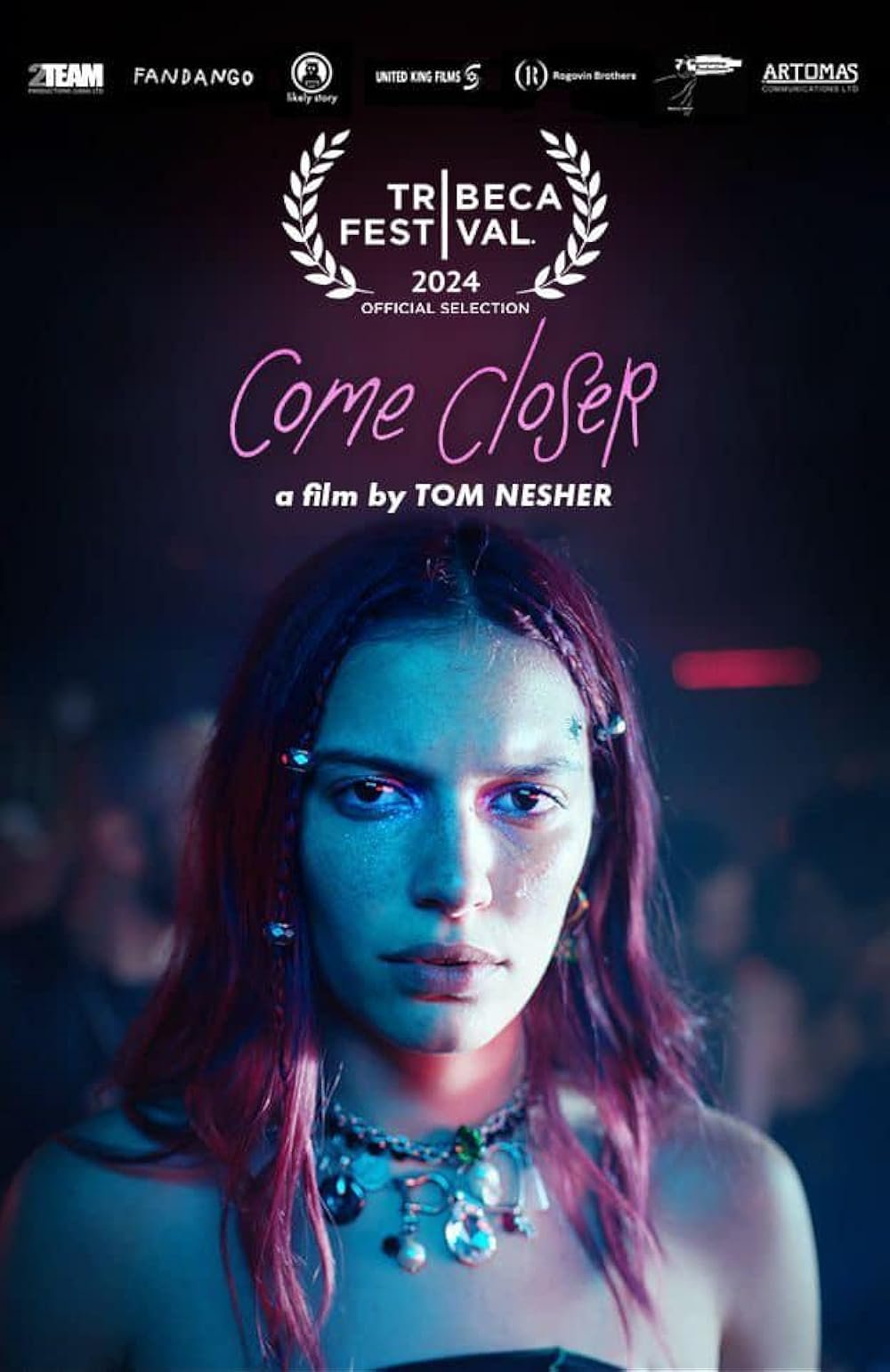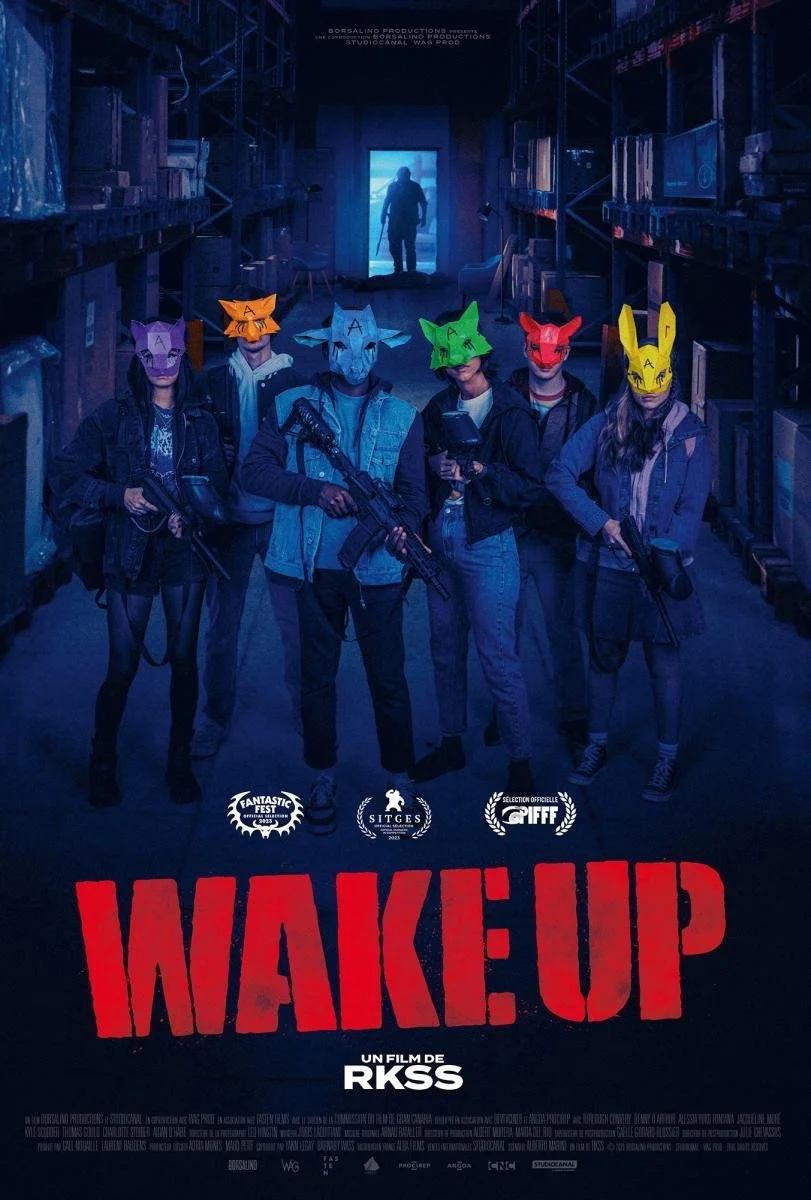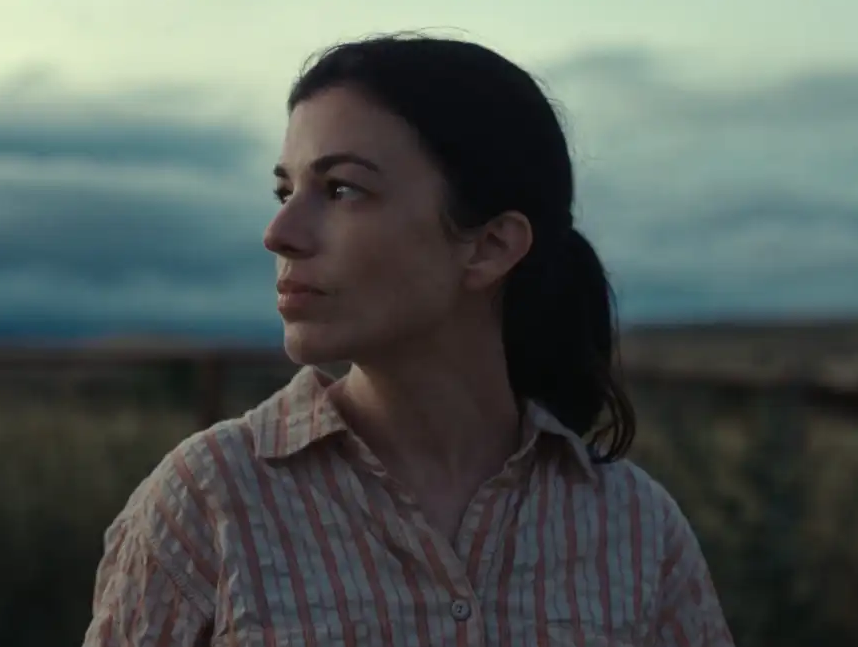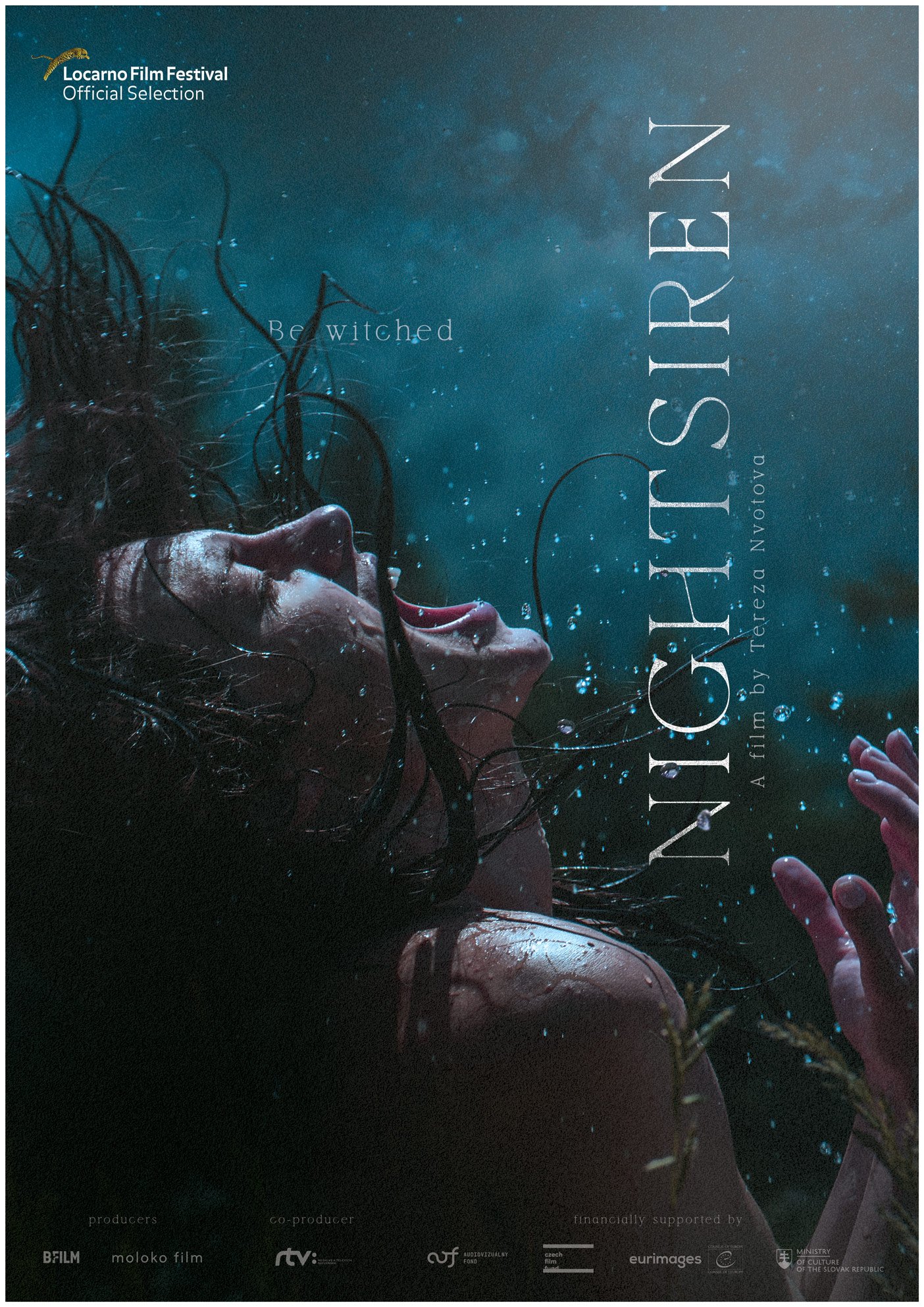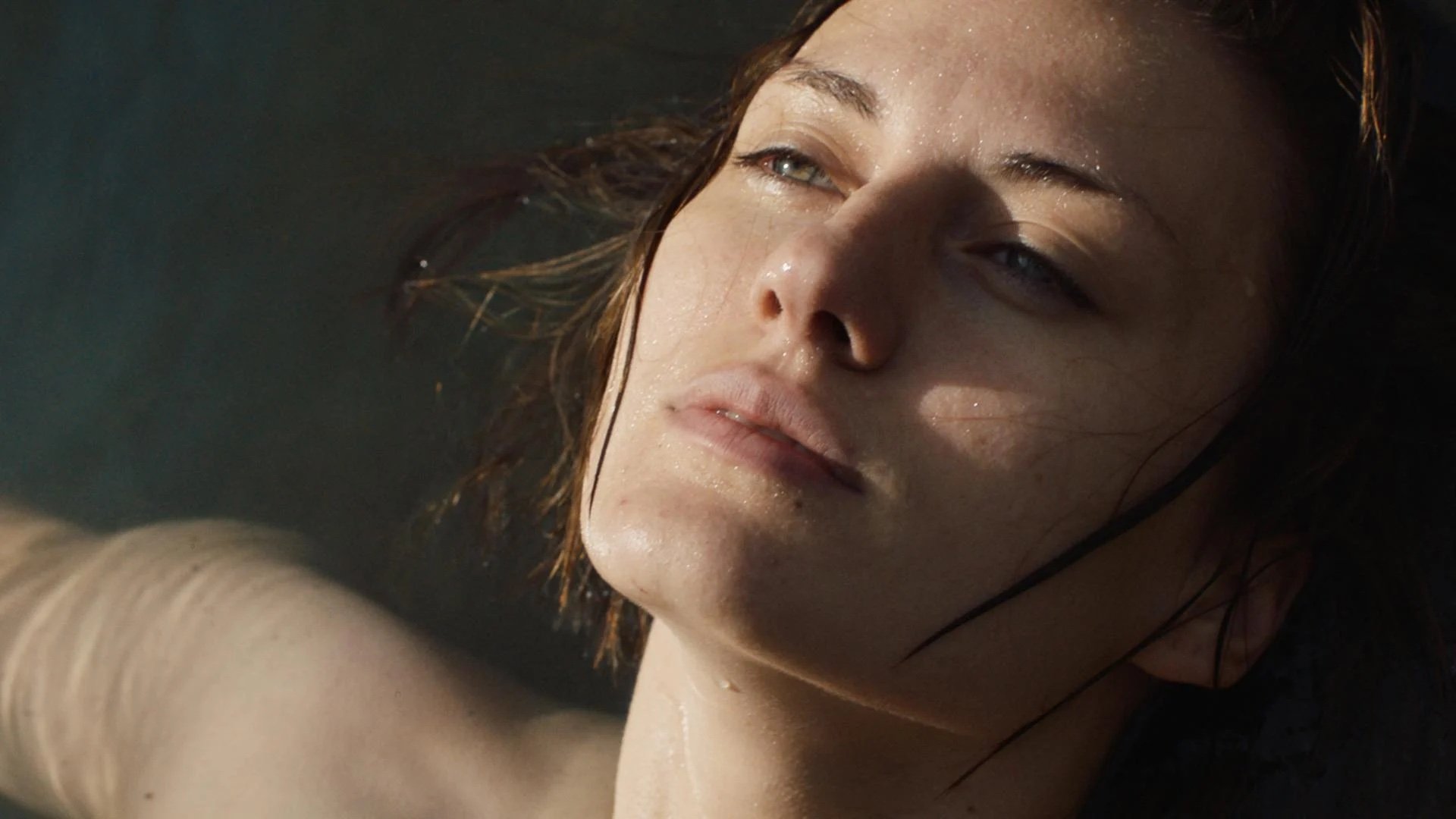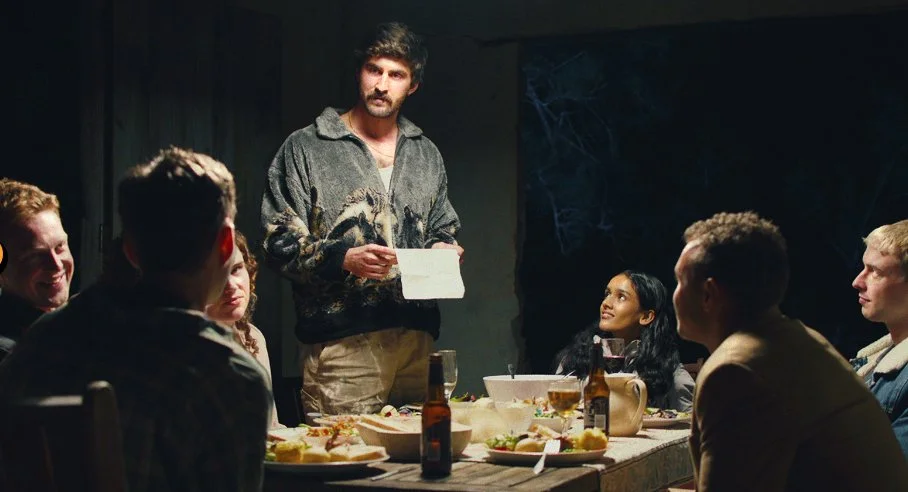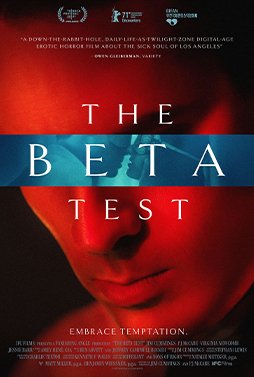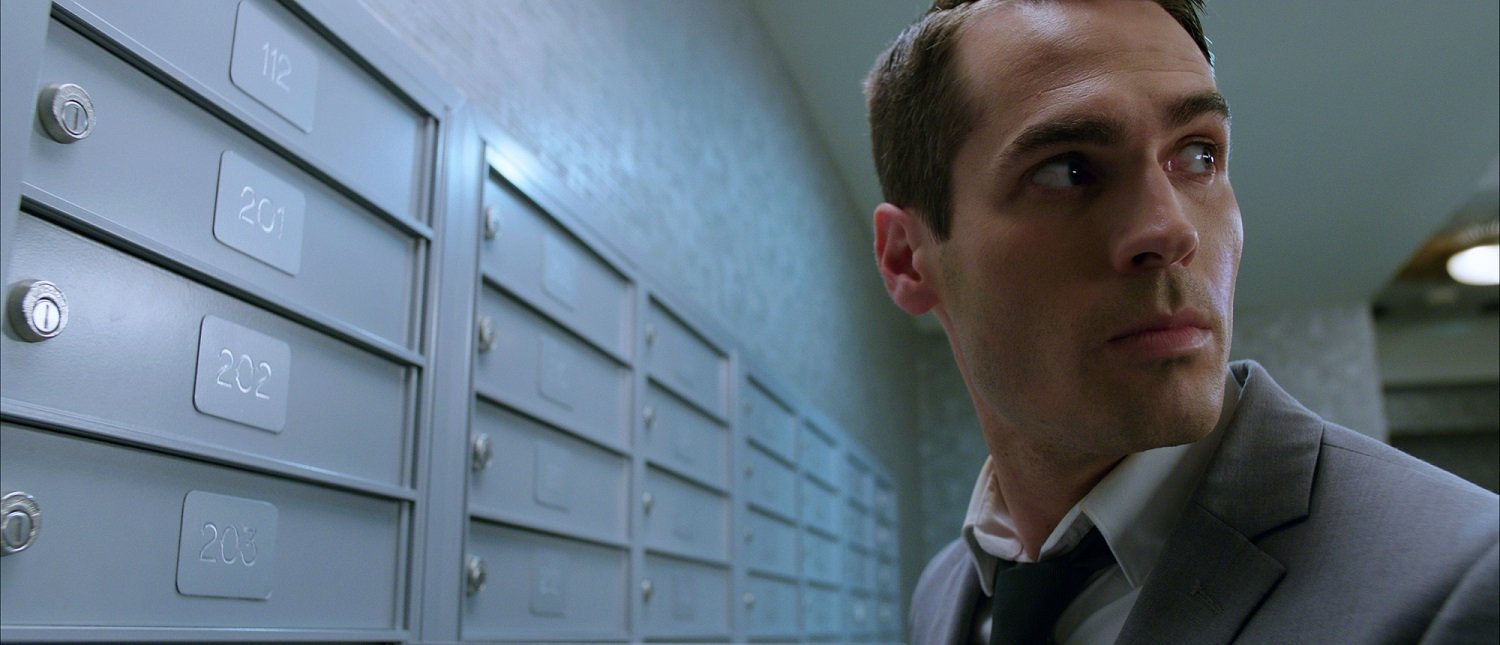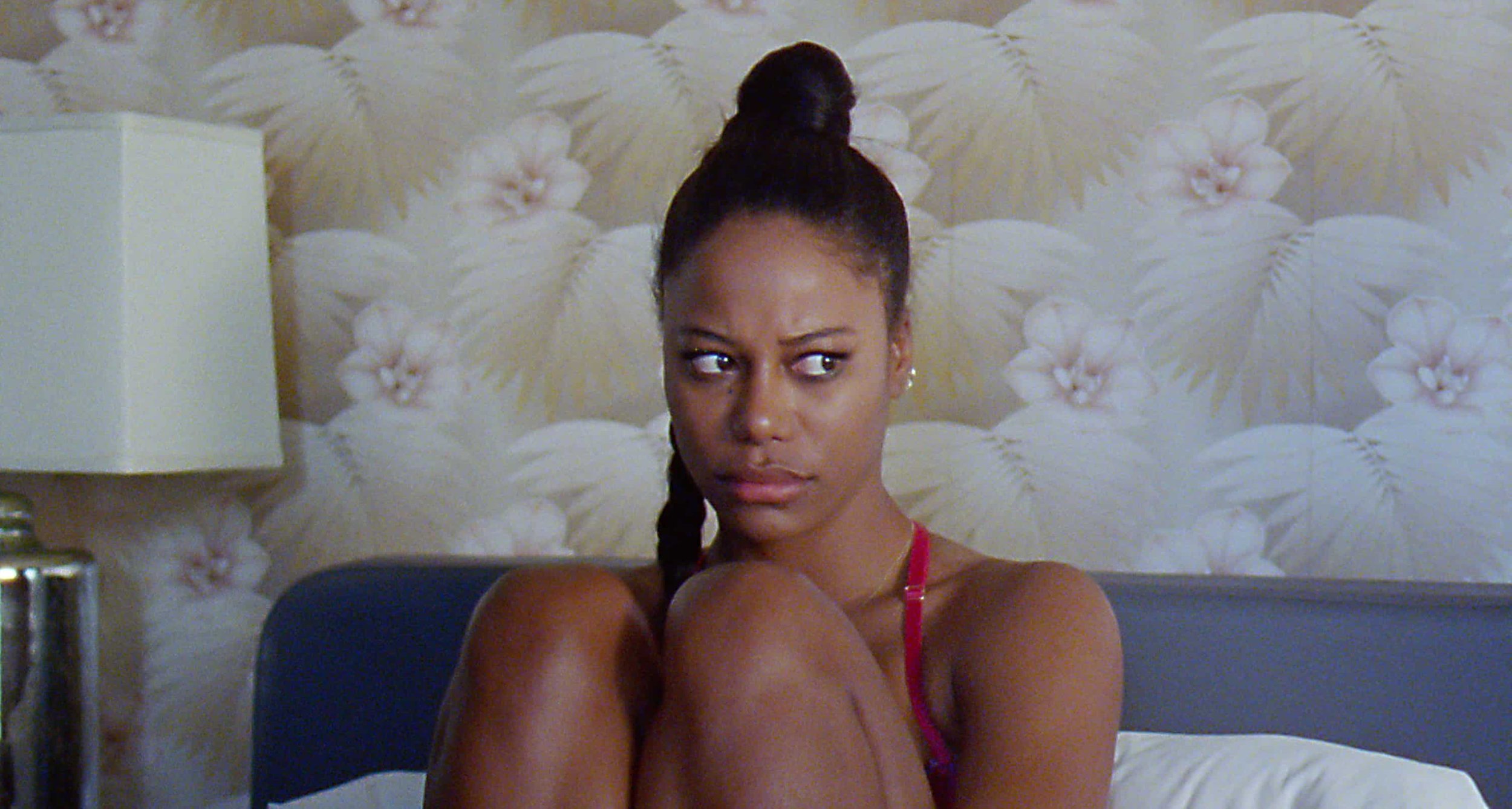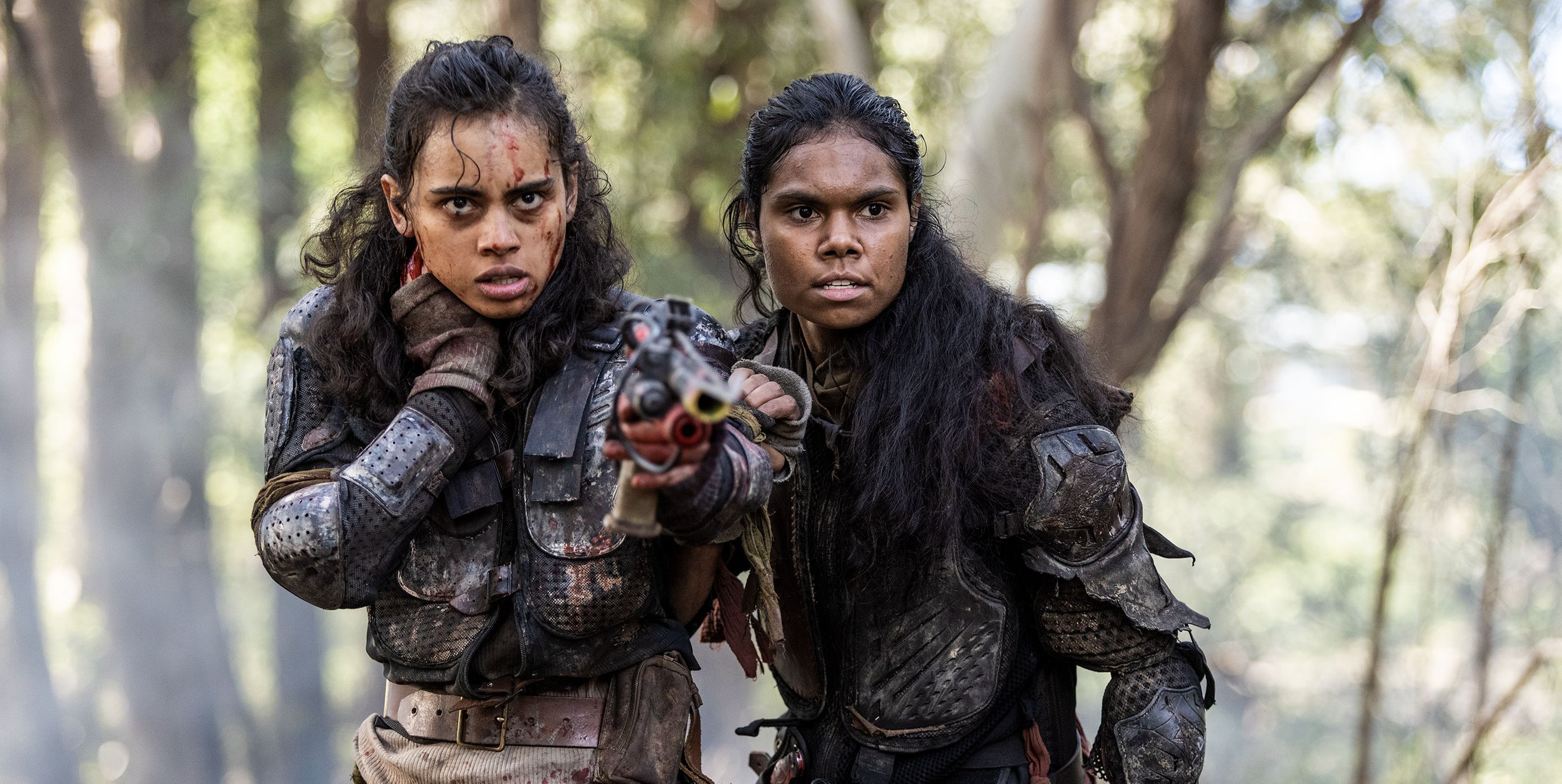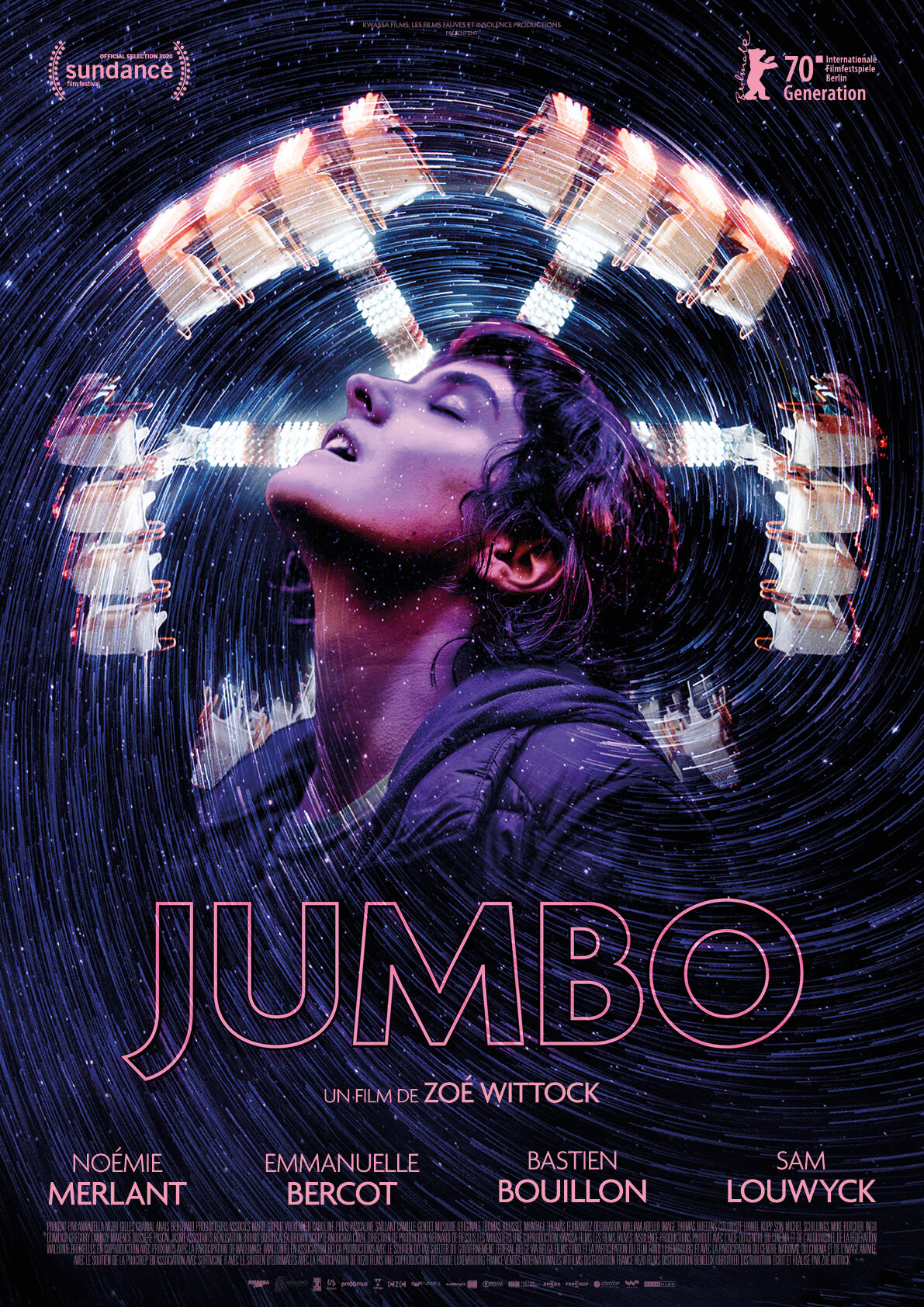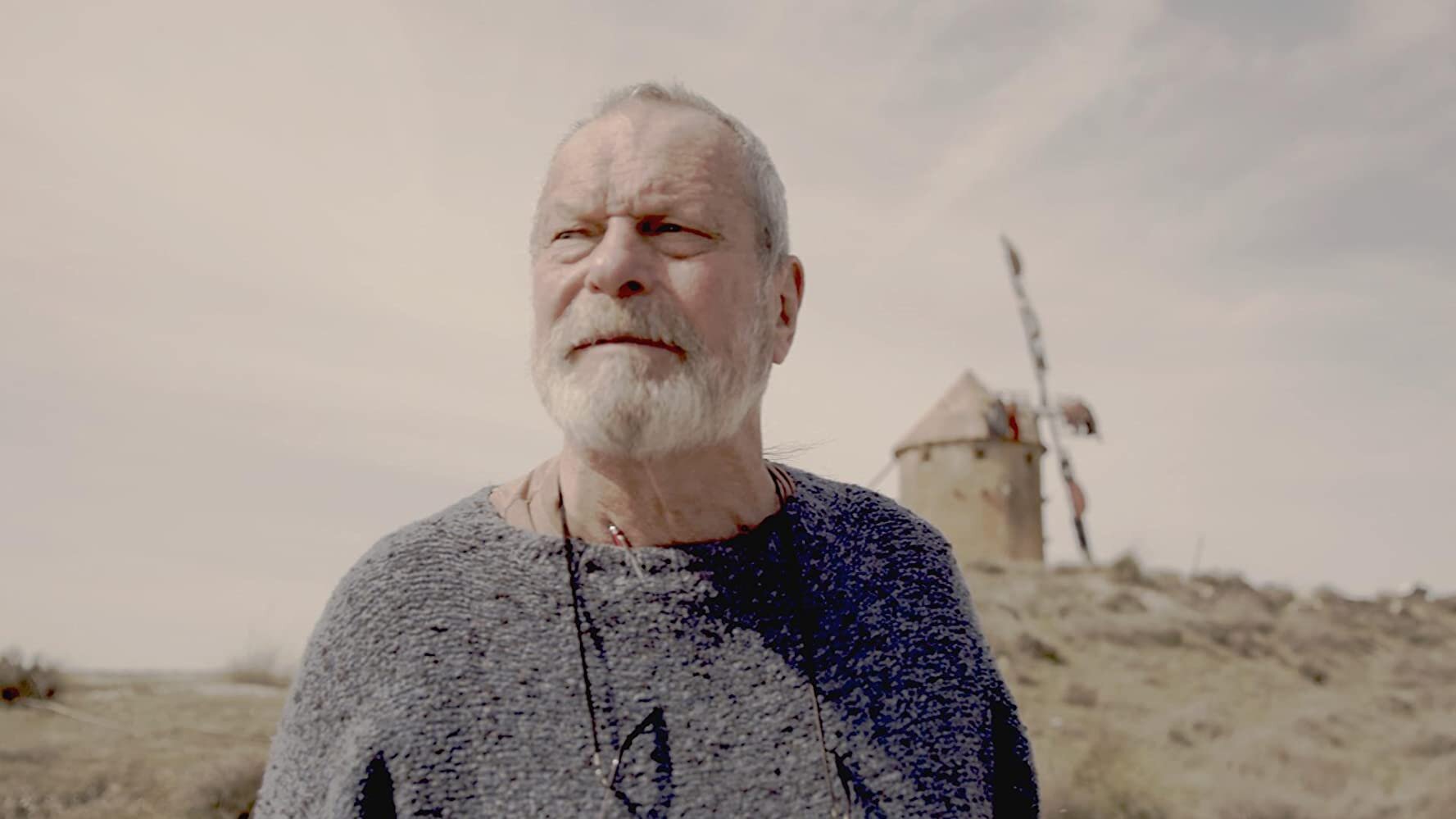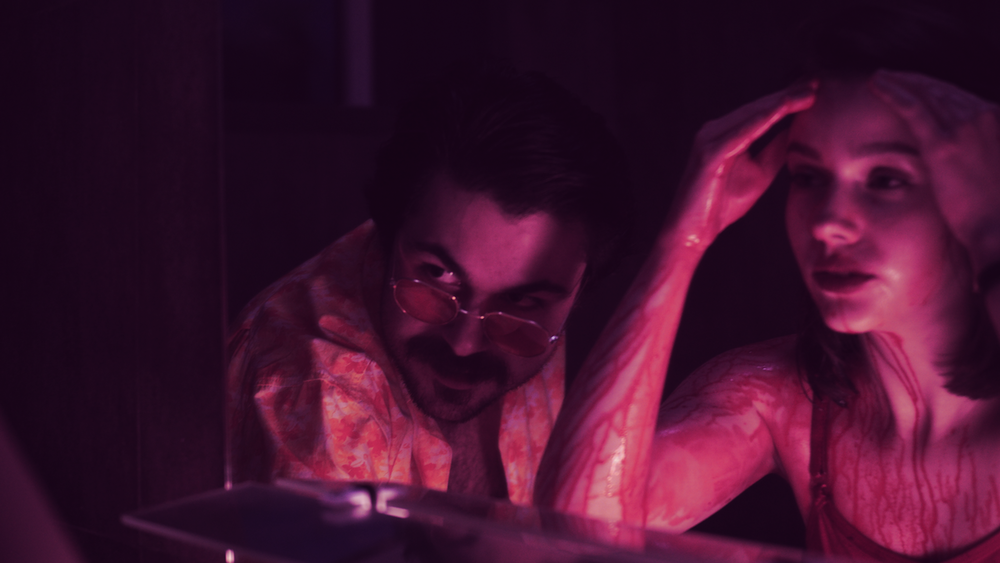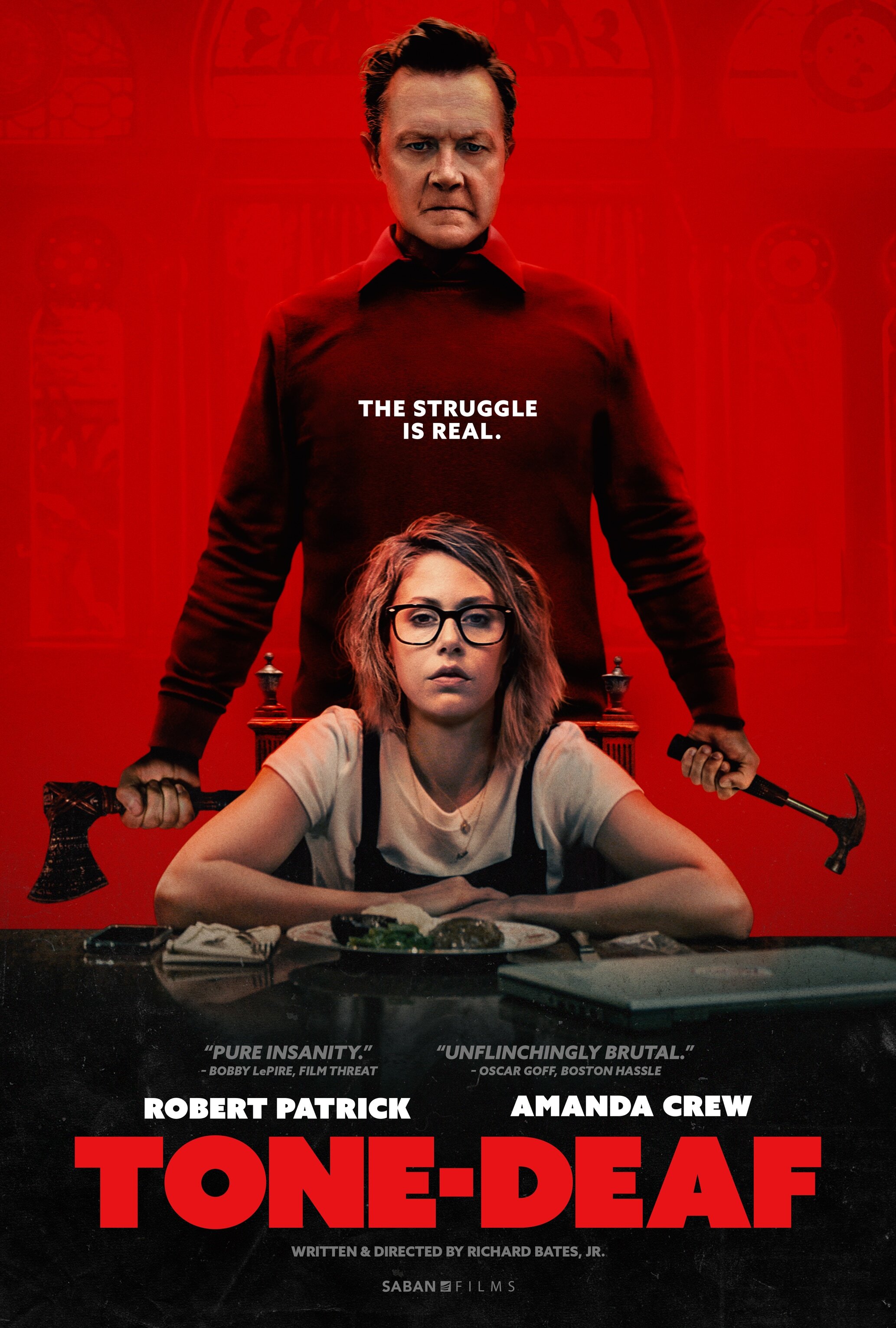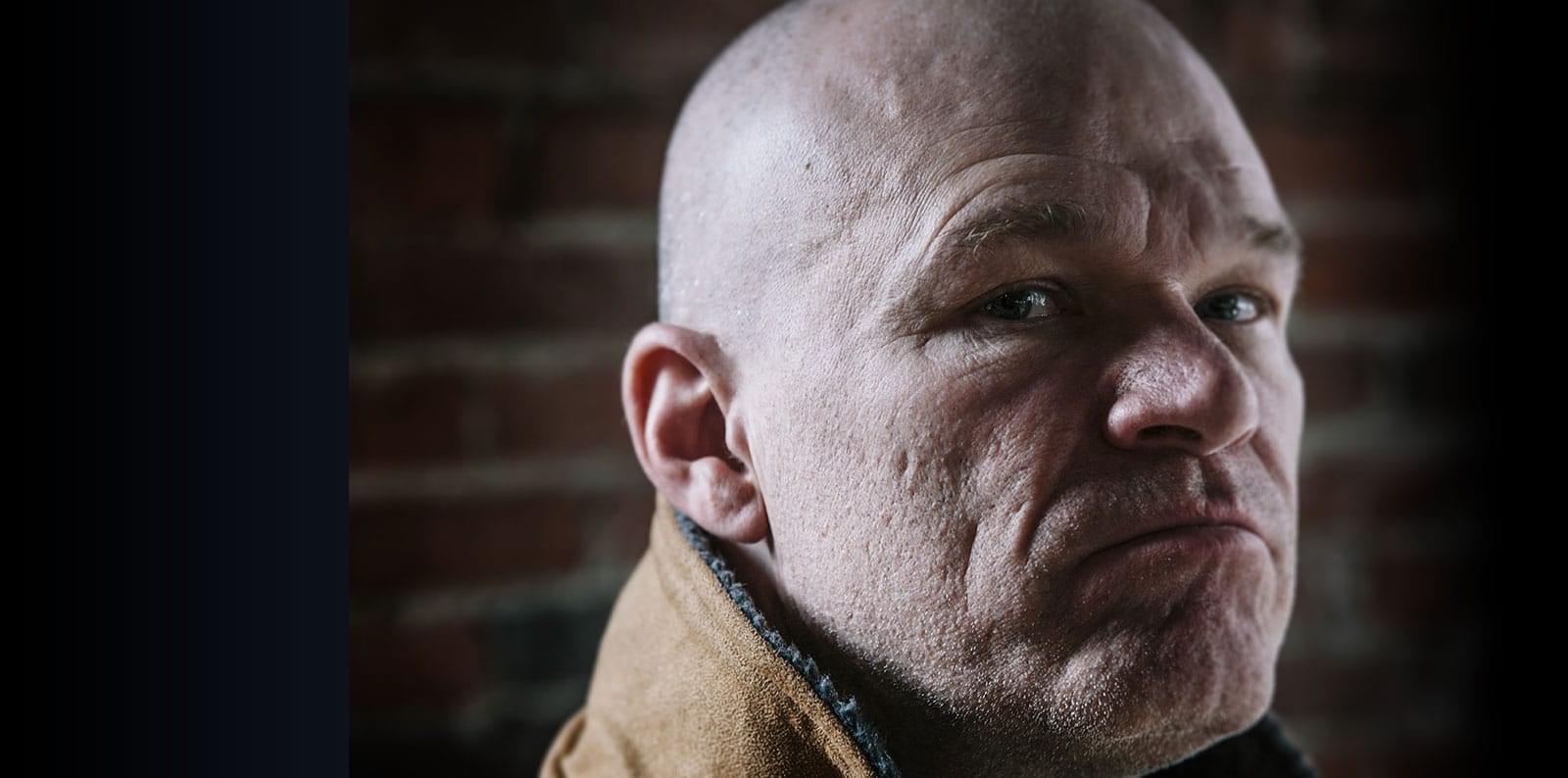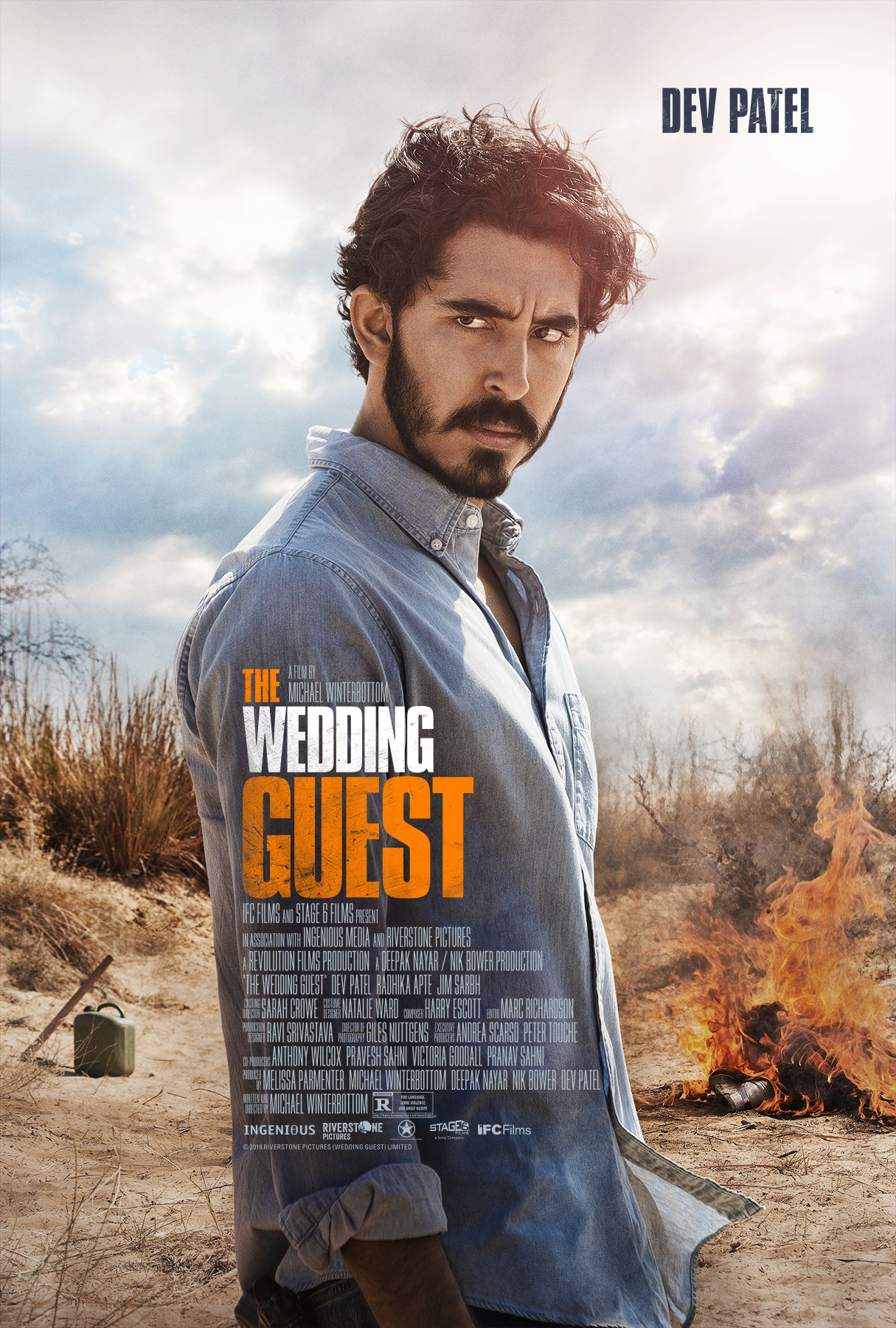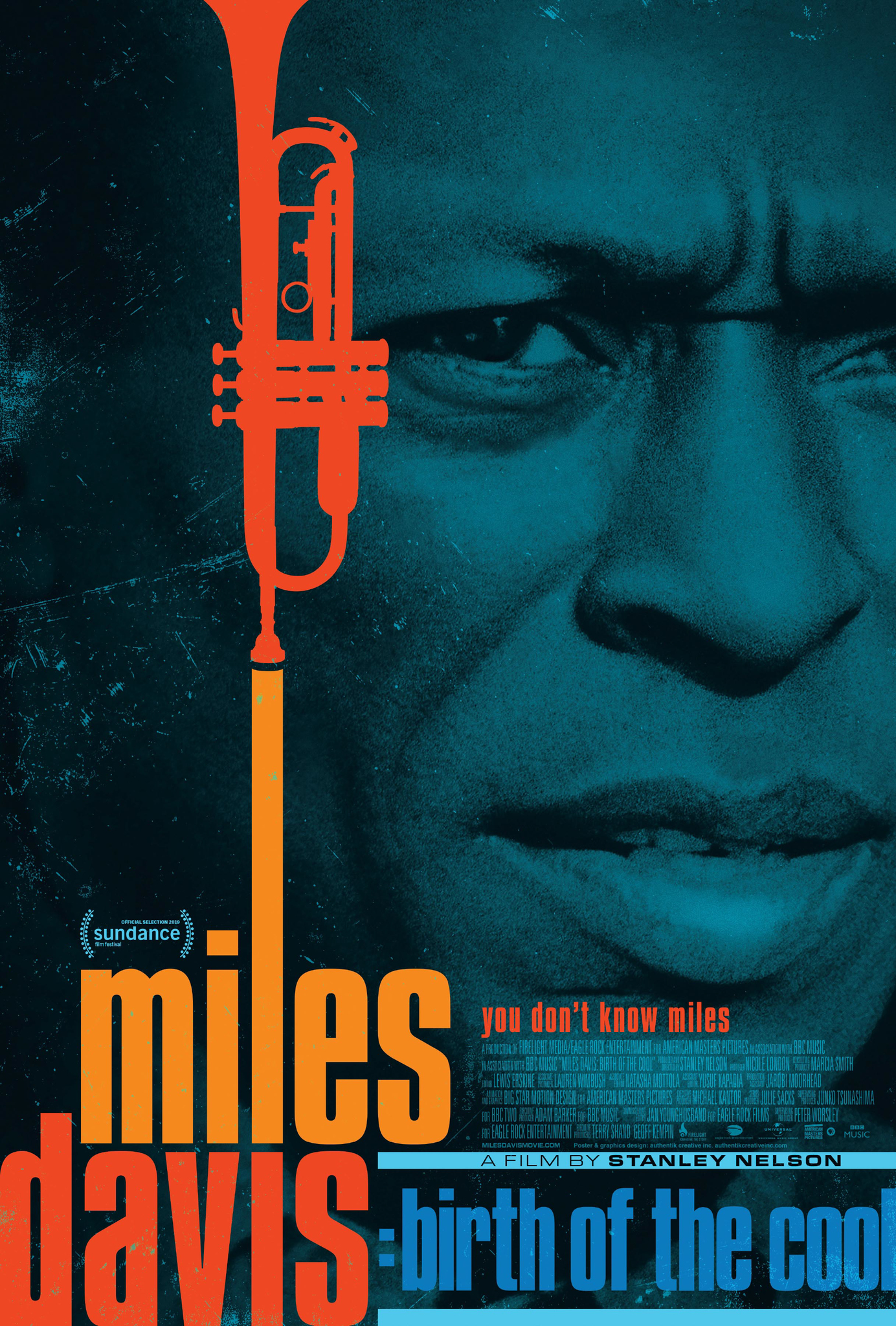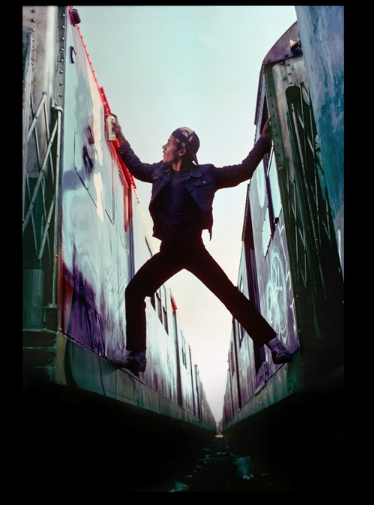Micro-Budget
Sat July 5th, 6pm & Fri July 11th, 3.45pm - Luna Leederville
This could very well be the perfect satire at the perfect time. Director and co-writer Morgan Page, who has written for bang-on satire site, “The Onion”, takes aim at the film industry’s tempestuous, vulnerable darling, the micro-budget feature, and hits the bullseye with a frequently hilarious takedown of the (mostly) large hurdles and (occasional) small mercies of smell-of-an-oily rag filmmaking in an oh-so-woke climate. It’s pure comedy gold.
Terry (Patrick Noth, also co-screenwriter) has moved from Iowa to Tinseltown with his very pregnant wife Erica (Emilea Wilson), with stars in his eyes. He intends to make a some movie magic that will sell to a streaming platform for a shit-ton of money and all his dreams will come true. He has a script, a disaster movie (whoa, talk about prophetic!) about a meteor on course to destroy the planet. Terry is adamant the story is not a metaphor about his impending fatherhood. His cast and crew beg to differ. In fact, they’re almost begging to not be involved in the fiasco, period.
Terry has his cousin, Devin (Evans in a sly meta casting) on behind-the-scenes duty, making a documentary about the production. Devin is rolling his eyes every second moment. There’s a several actors working their way up the casting ladder, and Terry is not shy about making his crush known on Jenny (Nichole Sakura). In fact, Terry is pretty much an insufferable idiot. Think Steve Carroll/Ricky Gervais in The Office. Yes, Micro-Budget is very much a cross between the laugh-out-loud cringe comedy of Gervais’ landmark television series, and, say, Tom DiCillo’s absurdist observation on guerrilla filmmaking, Living in Oblivion.
There have been puh-lenty of mockumentaries in recent years, but Micro-Budget cleverly avoids the pitfalls of trying to add too much subtext. Yes, it does employ a meta-sensibility, but the end game is to entertain, and it does so brilliantly. Throw in a couple of curious cameos from an elderly Hal Linden and a huge pop star who judged Australia’s The Voice for three seasons, a wry-as-hell pitch-perfect ending, and you have what I see as an ideal companion/contrast piece to the Australian real-life documentary on the making of a micro-budget indie flick, Horror Movie: A Low-Budget Nightmare. This is one of my faves of the year.
S/He is Still Her/e
Tues July 8th, 6.30pm & Sun July 13th, 6.50pm – Luna Leederville
The Official Genesis P-Orridge Documentary is the sub-title of this definitive portrait of one of the most influential transgressive artists of the past fifty years. David Charles Rodrigues had been an admirer of Genesis’s art and music for a long time before they met, even having a dream where Genesis transferred their knowledge to him, thus providing the seed which lead to capturing the last year of Genesis’ earthly existence, as they grappled with the plight of mortality and the gradual pull from beyond; “All of us in the end are consciousness, primarily. There’s a brief moment of an apparently physical existence and the rest of the time there’s something else, or nothing, or both.”
Much of the documentary is comprised of six in-depth conversations between Rodrigues and Genesis, one of which forms the centrepiece of the doco, while Genesis has a painting made of their torso. There are many scars across the body, markings that tell stories of deep involvement with others, in their search for the purest form of love. Other notable interviewees include both of Genesis’ daughters, Genese and Caresse, from their first marriage, as well as queer feminist artist and writer Clarity Haynes, a confidante of Genesis’ and whom painted the aforementioned portrait.
From their early days as a neo-pagan with bohemian art group, Knights of the Pentecostal Flame, through to the founding of COUM Transmissions and its controversial, surrealist transmedia performance art shows, to the formation of pioneering industrial music outfit Throbbing Gristle with Cosey Fanni Tutti and Chris Carter, the major influence of William S. Burroughs who instructed Genesis to “short circuit control”, to influential Psychic TV which fused multiple audio-visual elements, and eventually their relationship of cosmosis and pandrogny with New Yorker dominatrix Lady Jaye, whom they married.
One colleague and friend describes Genesis as “a very curious child” and that they maintained this inquisitive outlook on human behaviour and artistic creation throughout their life. If there is one documentary that champions the intense and fearless pursuit of creating art with no boundaries, it is this. Rodrigues has fashioned a fascinating peek at a trailblazing, niche artist – and dedicated father – across the last five decades, a reflection on unconditional love, and an excellent companion piece – inseparable, you might say – to the 2011 biopic The Ballad of Genesis and Lady Jaye.










